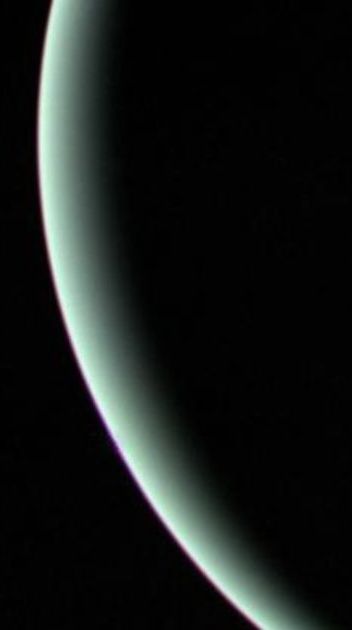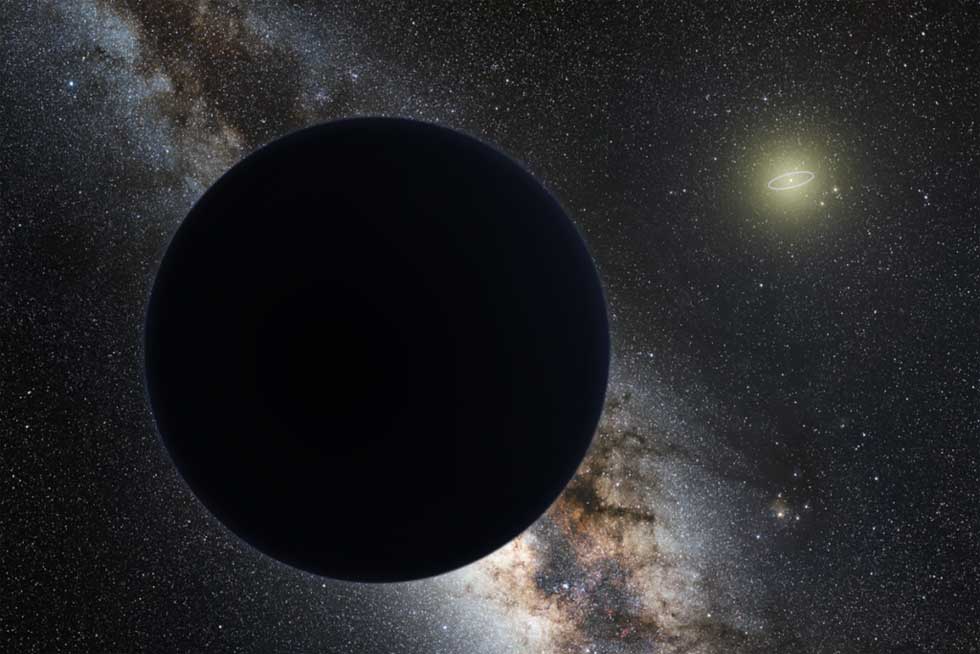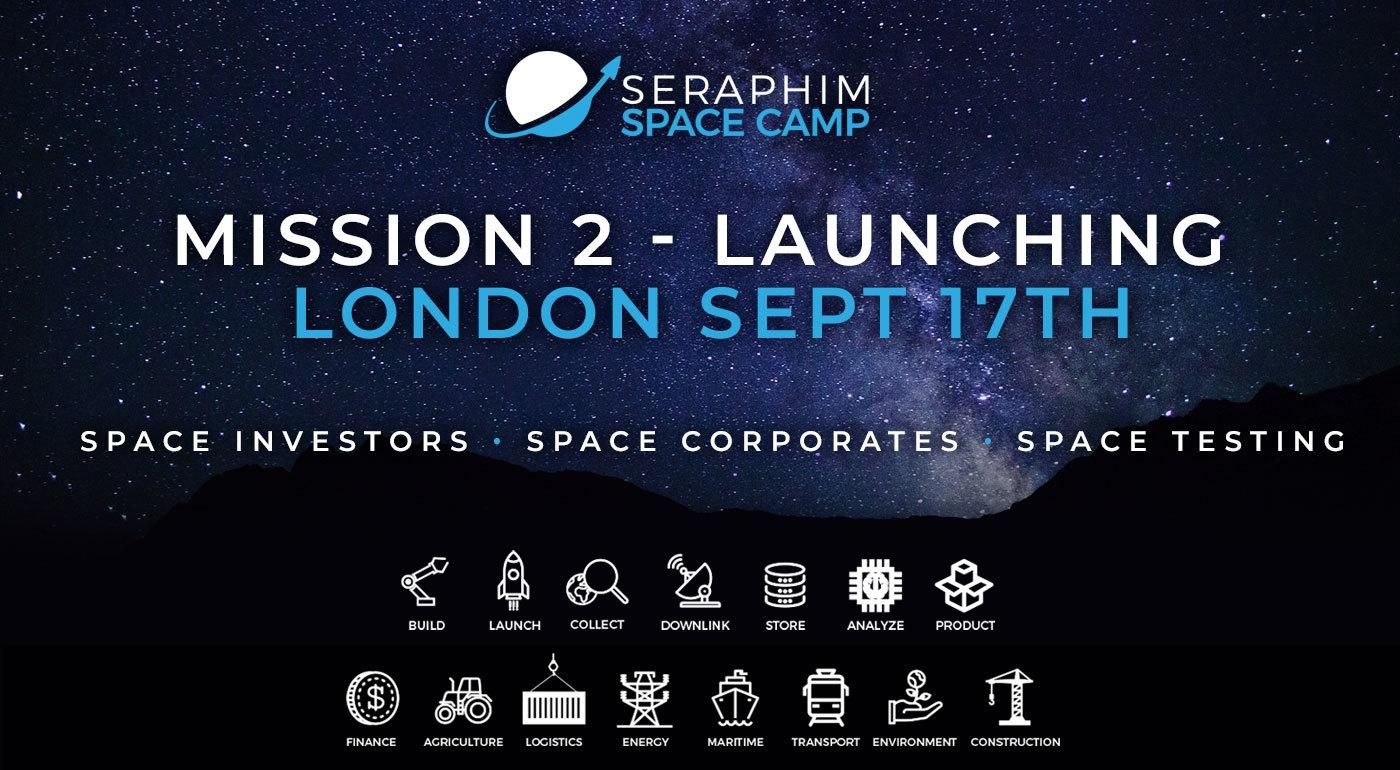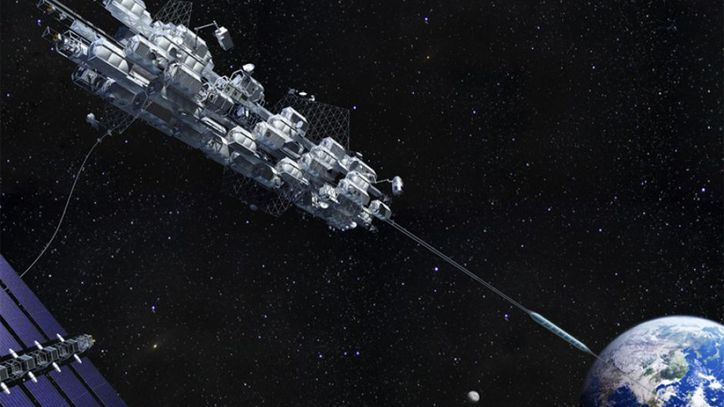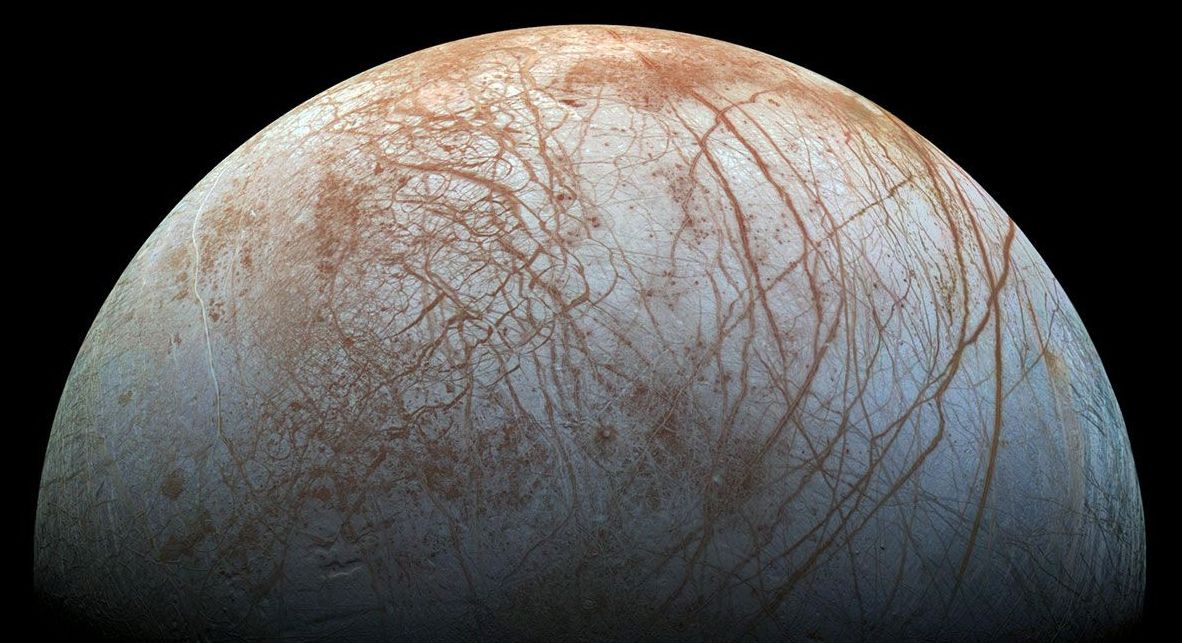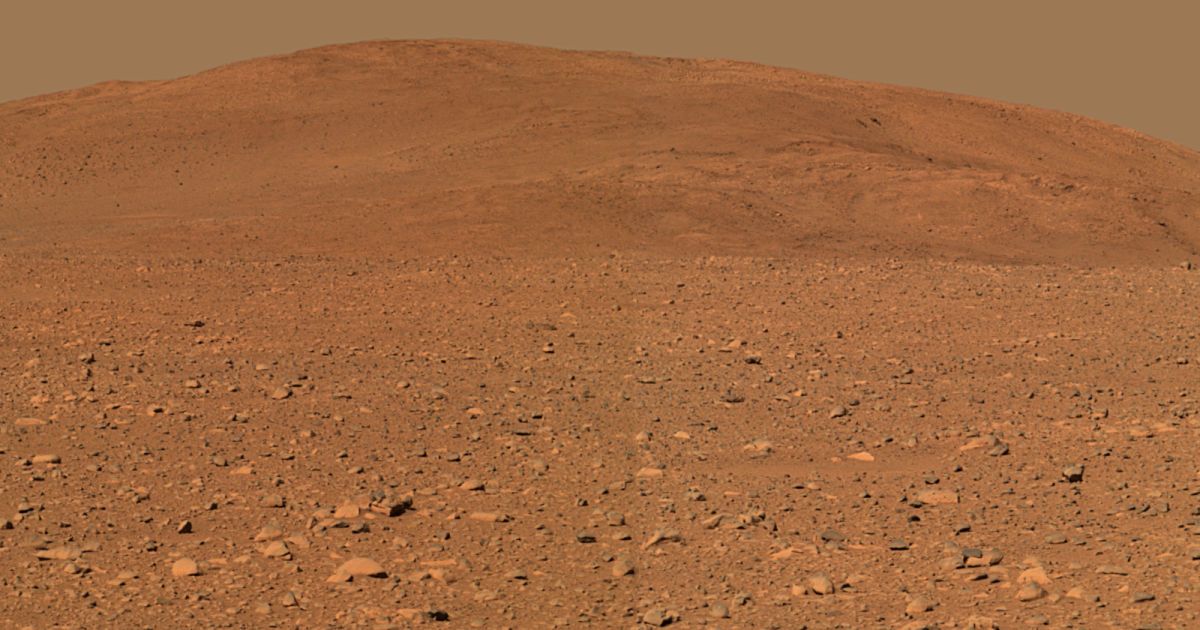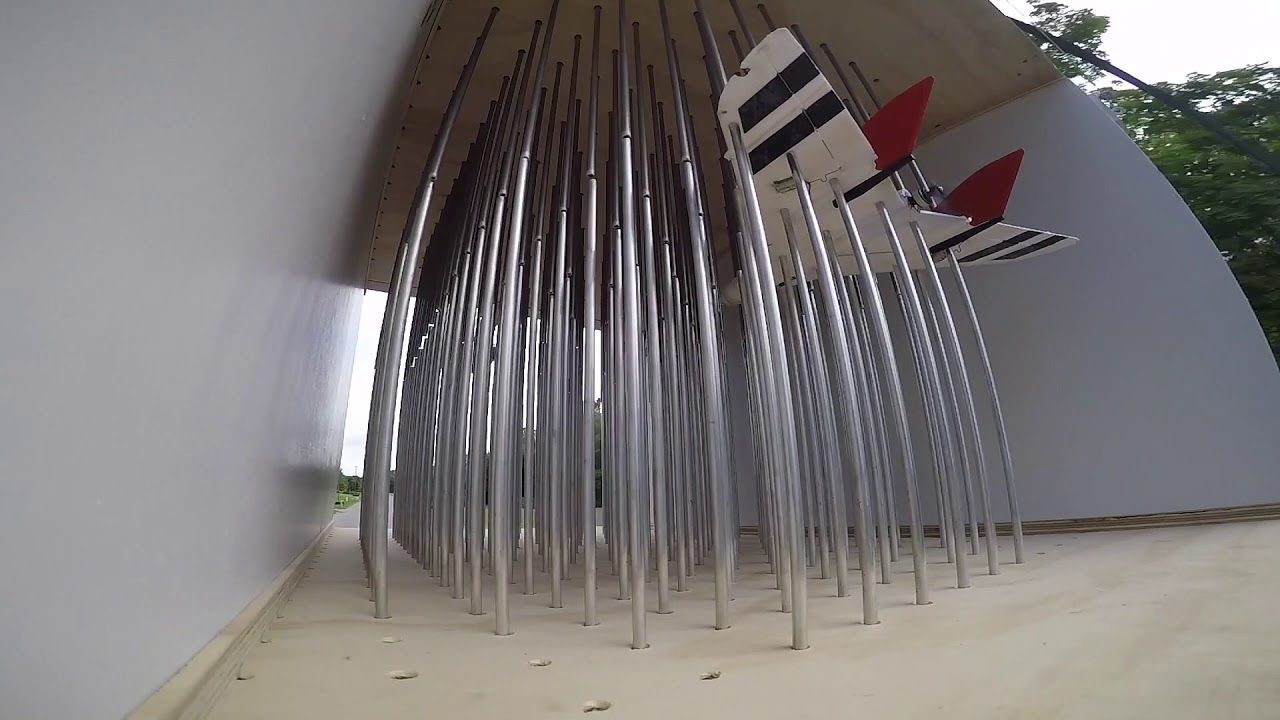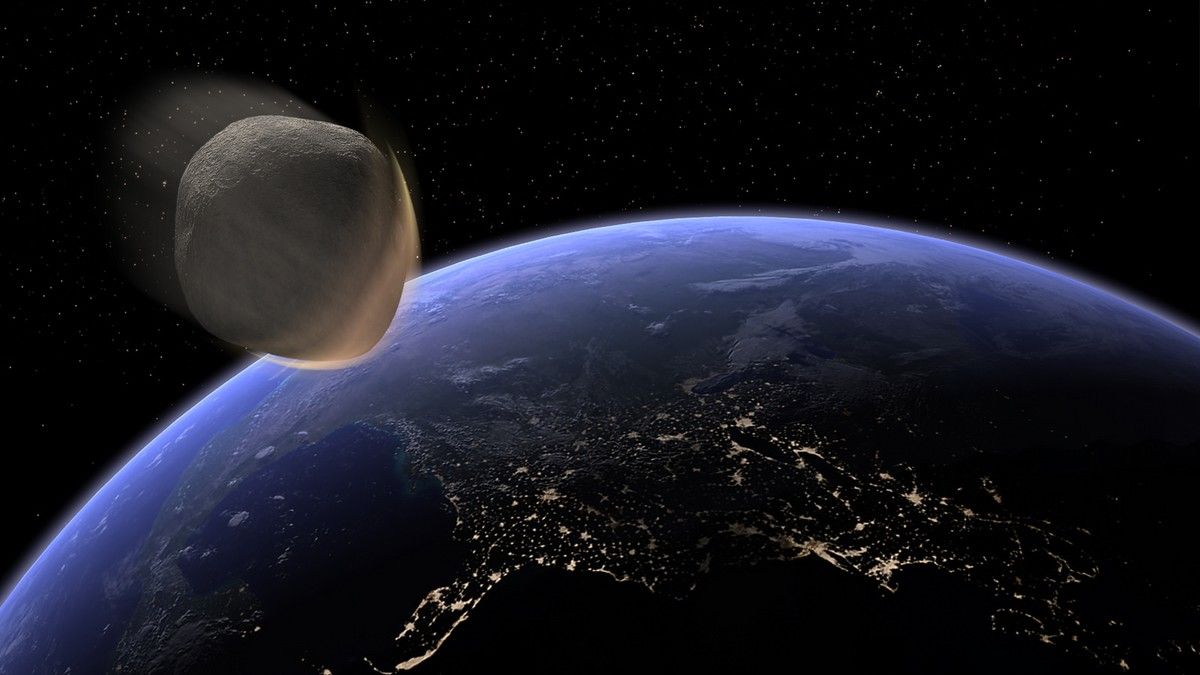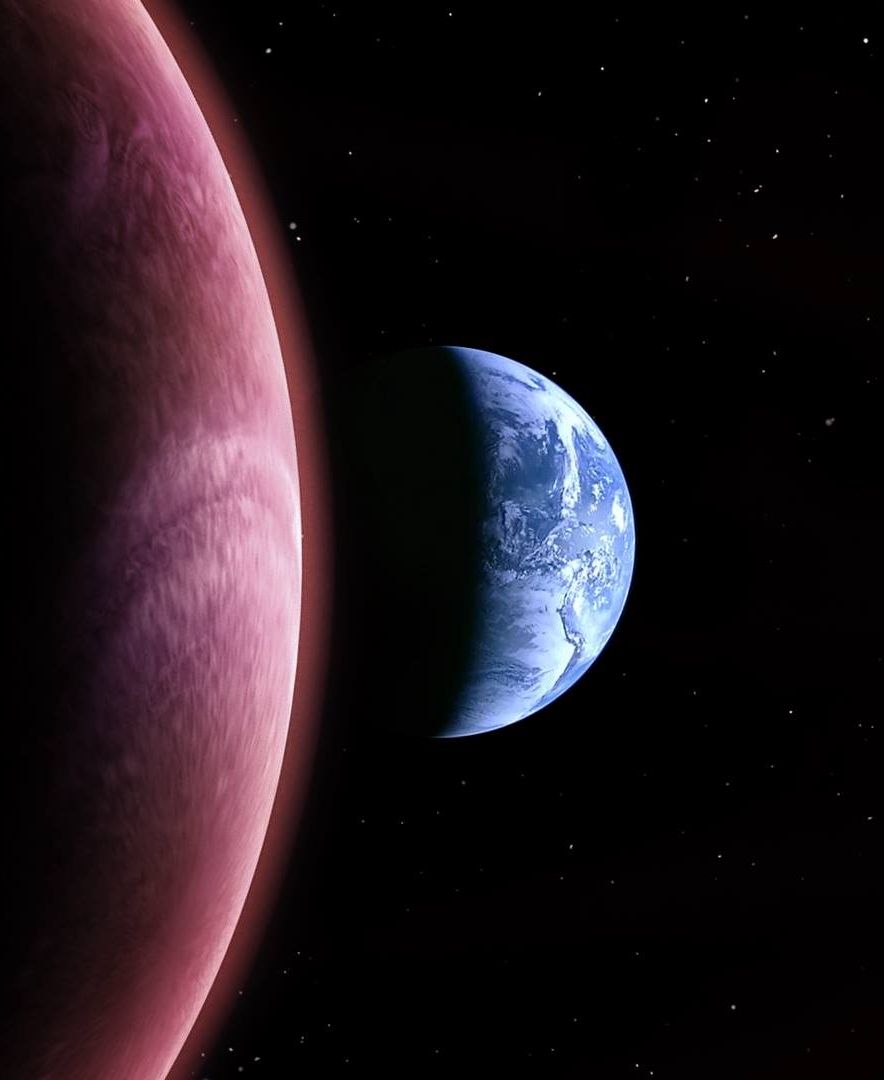Sep 3, 2018
Scientists finally confirm that Uranus is surrounded by fart clouds
Posted by Alberto Lao in categories: food, space
Sometimes science simply confirms what we already know to be true. You know what I’m talking about: researchers will find evidence that losing sleep makes you cranky and bad at your job, that eating lots of vegetables is good for your gut, or that Uranus is surrounded by a noxious fart cloud.
Indeed, the new findings on the latter published in Nature Astronomy come as no surprise to those who’ve spent time closely examining Uranus. More than a year ago, planetary scientists told Gizmodo’s Ryan F. Mandelbaum that the essence of this ice giant’s scent would probably be dominated by ammonia and hydrogen sulfide. Hydrogen sulfide gives rotten eggs their stink, but it’s also associated with the odor of a human fart.
Still, scientists had never directly detected the presence of these stinky molecules. Until now, that is. The authors of the new study examined sunlight bouncing off Uranus as captured by the 8-meter Gemini North telescope in Hawaii. Scientists determined what sorts of molecules were inside the atmosphere by examining the light it reflected in infrared. Different compounds absorb and cast off different wavelengths of light—creating a distinct and identifiable signature if you know what to look for. Think of it as dusting for fingerprints, but instead of a suspect, you’re looking for molecular compounds. The group says they were just barely able to detect the signatures they sought; it took a telescope as sensitive as Gemini and conditions as clear and perfect as those found at its home on Mauna Kea. Even though no one has ever smelt it, scientists can now say with certainty which molecules have dealt it.
Continue reading “Scientists finally confirm that Uranus is surrounded by fart clouds” »
